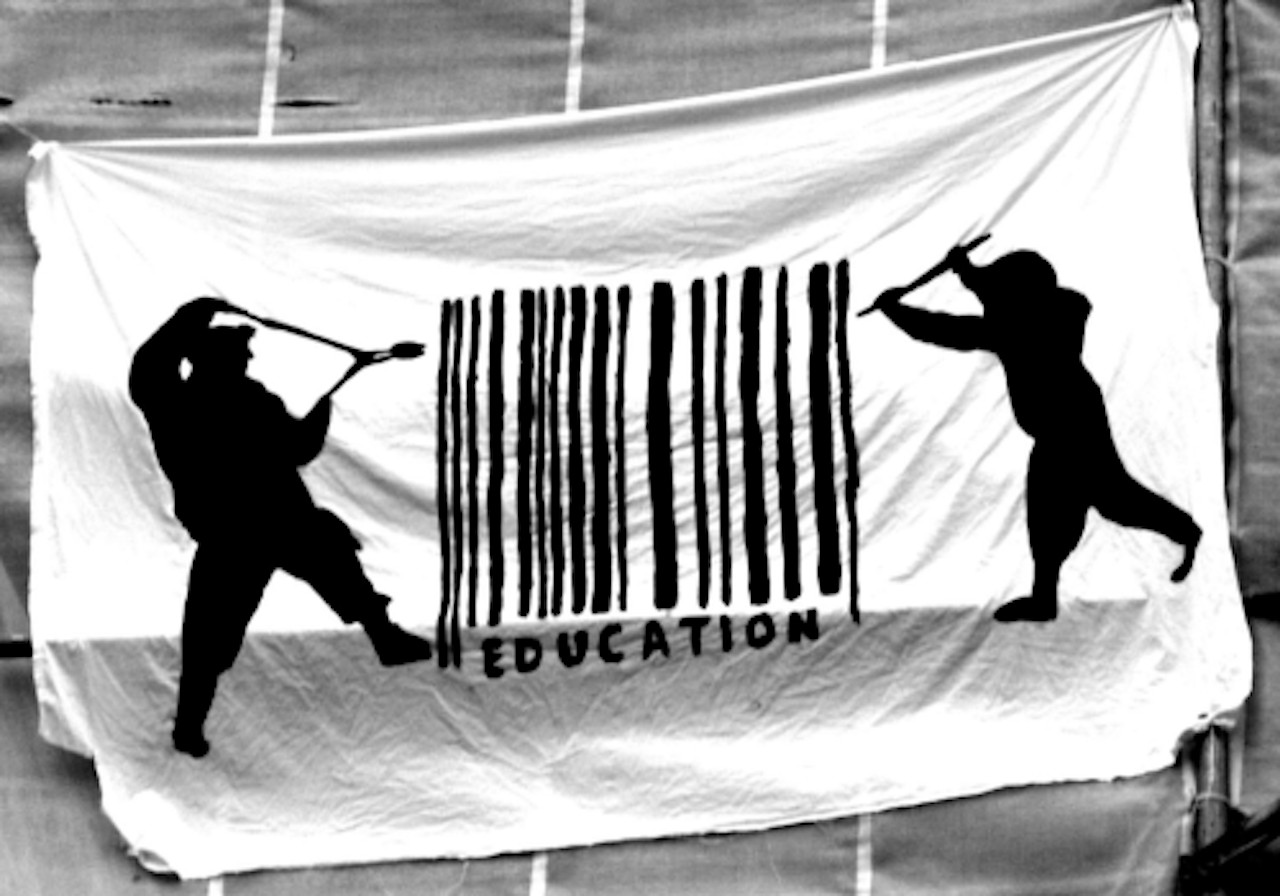Private property is theft. Common property is wealth
Mikołaj Ratajczak (Theoretical Practice), Amel Mana (the Syrena collective and the Student Anti-fascist Committee)

There is a good reason why private property is called “sacred”. For 30 years it has been an immovable dogma on which the faith in the 3rd Polish Republic is founded. On its altar, numerous and often bloody sacrifices are offered – the homeless and the unemployed, victims of eviction, exploitation, malnutrition and overwork. Tiniest heresies against its worship are punished with haughty silence or anti-communist witch-hunt and, if necessary, with a police baton. But many of us lost faith in the omnipotence of the ownership and insolently desecrate its principles. Collectively managed, non-commercial spaces pop up everywhere – places of work, consumption, living or learning. Cooperatives, collectives and squats find cracks to inhabit – in cities, villages, and even in the virtual space. Social property, or social management provides a sample of the future world and a practical polemics with the currently dominant ideology of the private property. The movement for common goods shows that there exists a real alternative for the commercialization of every inch of our world and every minute of our life.
What obstacles lie in its way? What does it juxtapose with universal privatization and hierarchical organisation? What are common goods and how to care for them? What to do and how to do it outside the logic of private property?
The Social School of Anti-capitalism emerged as a result of the discussion during the Polish Social Forum which was held in May 2019 and constitutes preparations of issues for next session of the Forum in autumn 2020.